29 Oct Get Ready for School with the Three Rs!
School is Back! Time to Review the Three R’s
 No, we’re not talking about reading, writing and arithmetic. Rather, we want to focus on the three R’s of green living: Reduce, Reuse and Recycle.
No, we’re not talking about reading, writing and arithmetic. Rather, we want to focus on the three R’s of green living: Reduce, Reuse and Recycle.
Most of us are already familiar with the last R, recycling, which is the reprocessing of items that would otherwise be thrown away to create a new product. By recycling, we conserve natural resources, save energy and prevent pollution by reducing the need to collect new raw materials. Recycling also reduces waste sent to landfills and incinerators, which decreases greenhouse gas emissions.
So, why should we do more than just recycle? Because if you think in terms of ranking the three R’s, recycling comes in last. Why? Simply because the best way to reduce waste is not to create it in the first place. Even recycled items require materials and energy to create the new product, which must be transported to wherever it will ultimately be sold. thus, even though there are definite benefits to recycling, the best way to preserve our natural resources are to reduce and reuse.
Reuse is very similar to recycle – you reuse an item when you use it again instead of throwing it out, recycling it, or otherwise disposing of it. You can apply the reusing concept when you’re at the store by purchasing durable, rather than disposable, goods (ignore the paper napkins and buy cloth). You could also try buying and selling items at your local consignment shops or using Lend A Box®’s environmentally friendly plastic boxes instead of cardboard for your next move or remodel. Finally, you can donate to your local charity, school, church or nonprofit. They’ll appreciate the help and you’ll get a tax deduction!
But you shouldn’t stop at recycle and reuse because the big winner of the three Green R’s is reduce. While recycling and reusing goods you’ve already purchased is important, the most effective way to reduce your environmental impact is to reduce the amount of goods you buy in the first place. For instance, you can make an impact by drinking purified tap water from a cup or an aluminum water bottle instead of purchasing bottled water. Roughly 50 billion water bottles are thrown away each year. Those water bottles required about 50 million gallons of oil to produce and, although they are recyclable, only about 40% are actually recycled! You can also reduce by purchasing items that have less packaging (like the bulk items at Costco or Sam’s Club), less packaging and less raw is materials needed to make and sell the product.
As you can see, there are some really easy ways to make a big impact. Implementing a few of these tips will go a long way toward making sure we have a planet our kids can love in the future.
About Us
Janice Gambaccini and Stephanie Zimmermann built Lend A Box® around the three Rs: Lend A Box® reduces the amount of cardboard used in the moving industry by delivering 100% recyclable plastic boxes to clients in Northern Virginia and DC before they move. Once the move is complete, Lend A Box® picks the boxes up, clean and sanitize them, and reuses them hundreds of times before making them into new boxes. Our clients love the environmental benefits and convenience of our service and we love keeping cardboard out of the landfills!



